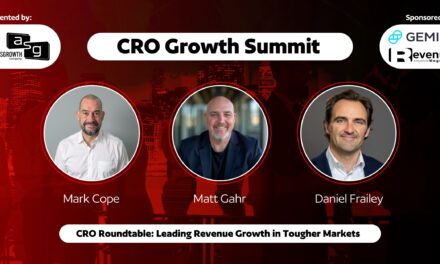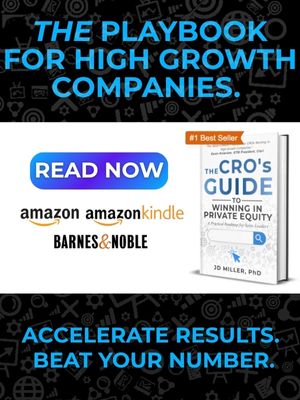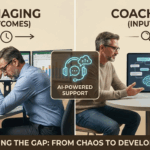
CRM Is Not a Tool. It’s a Discipline.

We often talk about CRM as if it’s a platform. It could be a dashboard, a database, a piece of software with drop-downs and reminders.
And while that’s true in a technical sense, it’s also incomplete.
Because the best CRMs aren’t just tools. They’re reflections of a company’s operating rhythm — how it listens, how it responds, and how it builds long-term trust with its customers.
Beyond the Database
You can have a beautifully integrated CRM with every contact logged, every note tagged, every field filled. But if it doesn’t change the way your team behaves, it’s just admin.
The real value of CRM isn’t in what it stores. It’s in what it enables.
-
It helps sales teams prioritise the right conversations.
-
It gives marketing real signals to work with and not just assumptions.
-
It shows customer success where things are going wrong, and how to course-correct early.
In other words, a CRM isn’t just there to record reality. It should help shape it.
Where Companies Go Wrong
Too often, CRM becomes a compliance exercise.
Fill in the fields. Log the activity. Update the stage.
But when the focus is on input rather than insight, it’s easy to lose the plot. Teams start using the system to check boxes, not build relationships.
And that’s when you get:
-
Duplicated records and half-baked notes
-
“Last contacted: 8 months ago”
-
Forgotten follow-ups and missed expansion opportunities
The CRM becomes a graveyard of potential — not a living, breathing map of customer engagement.
What Good Looks Like
In organisations where CRM actually works, it usually comes down to three things:
1. Cultural buy-in
Everyone, from the top down, sees CRM as part of their job. Not just “something SalesOps handles” — but an active tool that informs daily decisions.
2. Clarity of purpose
It’s not just “log everything.” It’s “log what matters.” What moved the deal forward? What concerns did the customer raise? What follow-up was promised?
3. Actionable data
A CRM is only as useful as the decisions it helps you make. That means structured fields that tell a story, and reporting that does more than just count touches.
Where AI Can Help
There’s a growing role for AI in CRM, especially around summarising call notes, flagging risky accounts, or suggesting next steps. These tools can reduce the manual burden and surface patterns humans might miss.
But AI can’t replace context. It can’t replace empathy. And it can’t build a relationship for you.
So the right mindset is augmentation, not automation. Let AI handle the busywork, so your team can focus on the human work.
Final Thought
CRM is a mirror. If your relationships are weak, scattered, or shallow, the system will reflect that.
But used well, CRM can be the nervous system of your customer experience. A place where every touchpoint connects. Every signal is seen. And every relationship is nurtured with intention.
It’s not about better tools.
It’s about building a better habit.
































